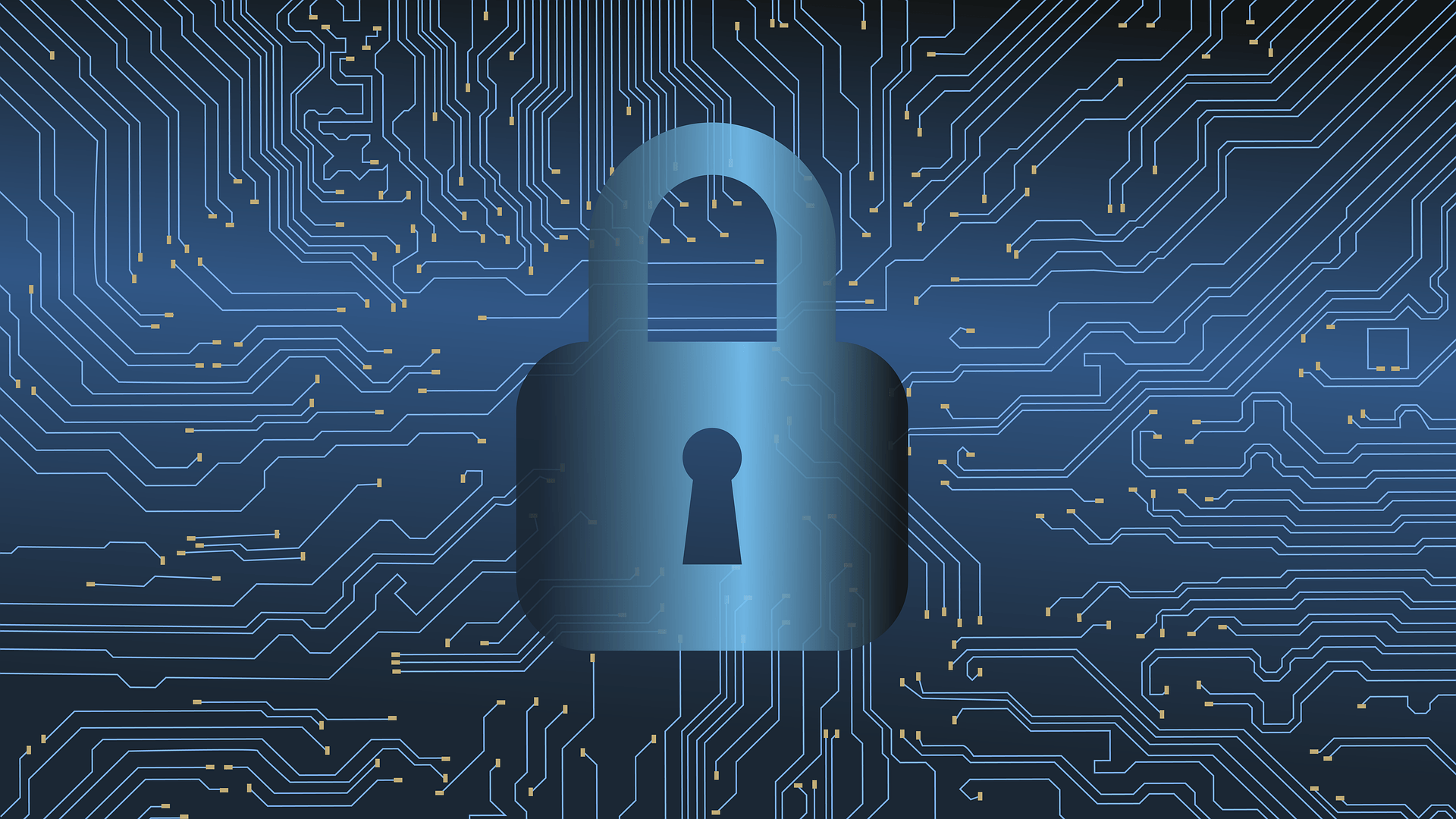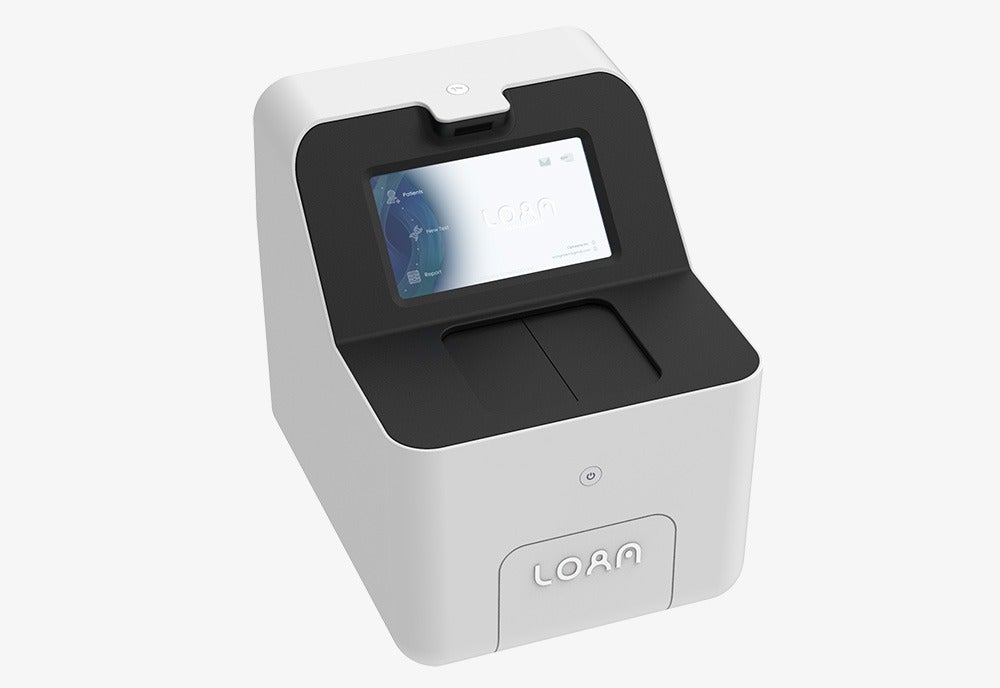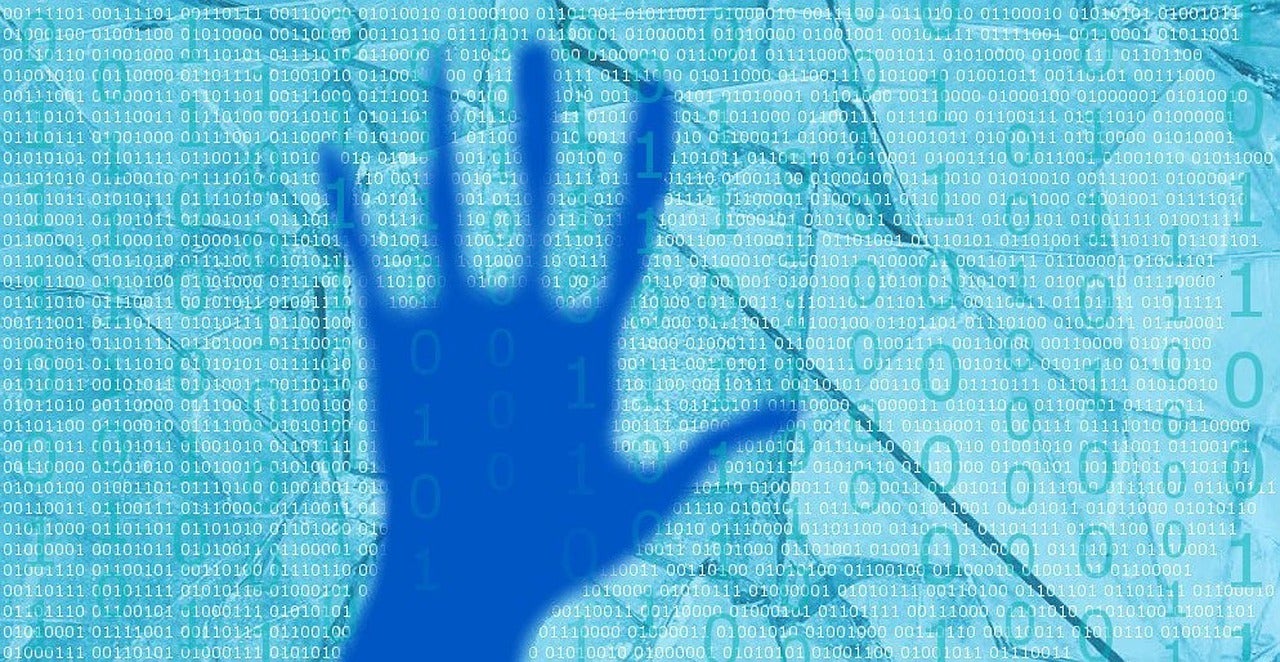
UK software company Trustonic will provide cyber security for a new smart device that diagnoses cancer, infectious diseases and congenital abnormalities.
Optolane has chosen the Trustonic Secure Platform (TSP) to make the storage and transfer of sensitive patient data it uses more secure.
The South Korean tech company cited Trustonic’s experience protecting smartphones, wearables and IoT hardware as the main reason for this choice.
A closer look at Optolane’s new medical device
The Optolane LOAA (lab on an array) analyser is a small cartridge that examines blood and tissue samples, analysing multiple targets including DNA, RNA, proteins and metabolites.
The lightweight, portable device delivers point-of-care diagnosis by measuring these targets in real-time — providing an on-screen reading within minutes.
Optolane says it was developed to satisfy market demand for a “sample-to-answer” in-vitro diagnostic (IVD) platform — a tool to analyse cell samples automatically outside of their regular biological context.

The new LOAA device provides rapid diagnosis, but is also smart-enabled, and can transfer findings to other healthcare applications via the cloud.
Optolane expects to receive certification from the US Food and Drug Administration (FDA) for its LOAA analyser in the first quarter of 2020.
The product will then be made available to clinicians in healthcare facilities around the world.
Why has Trustonic been chosen to provide medical device cyber security?
Trustonic says its security platform enables secure and private data extraction, processing, storage and transmission — all of which are part of the “sample-to-answer” process used by Optolane’s device.
The capabilities of Trustonic’s technology include:
- Enabling a secure image-processing channel from the sensor to the application processor
- Providing cryptographic tools to protect individuals’ sensitive medical data
- Ensuring data integrity
- Creating a secure environment to run algorithms analysing raw data from the sensor
- Encryption when sharing sensitive data in the cloud.
Optolane CEO Do Young Lee said: “There is a clear demand for innovative new diagnostics solutions that go from ‘sample-to-answer’ in real-time.
Importantly though, we fully understand our responsibility to protect patient data.
To deliver connectivity while protecting the sensitive personal data collected by diagnostic devices, we needed a proven hardware-backed security foundation.
Trustonic says TSP is already embedded in 2 billion devices from a range of companies including Samsung, Nokia, Motorola, Vivo, OPPO, LG and Casio — as well as other technologies in Optolane’s portfolio.
The importance of cyber security in medical devices and the healthcare sector
Trustonic says healthcare devices and systems are often targeted by cyber criminals due to the valuable intellectual property of patient data, and the sensitive personal information they collect and store.
A study by American cyber security company Carbon Black found there were more than eight attempted cyber-attacks per connected healthcare endpoint each month in 2018.
Carbon Black also found that 83% of the healthcare organisations surveyed had seen an increase in cyber-attacks in the past year.

As well as being able to steal highly sensitive patient data, cyber criminals can also be intent on data destruction.
The Carbon Black study found that nearly half of the organisations it surveyed had witnessed online attacks where destroying data was the motive.
This often takes the shape of ransomware, a type of malicious software that prevents access to a computer system or data until a ransom fee is paid.
Because of this, major governing bodies within the industry, like the FDA, have attempted to offer healthcare organisations additional help with cyber security and dealing with online attacks.



